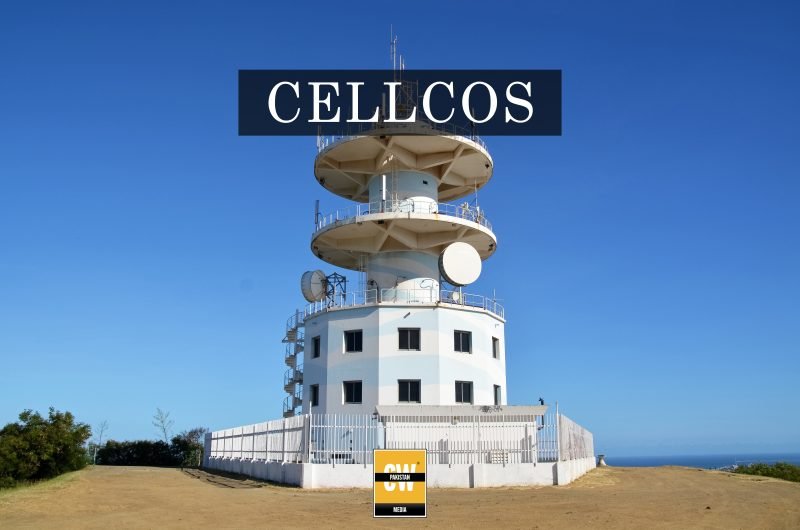The federal government is taking decisive steps to finalize regulations for Starlink, the satellite-based internet service owned by US billionaire Elon Musk, as part of its broader efforts to advance satellite technology in Pakistan. During a meeting chaired by Minister of State for Information Technology and Telecommunication Shaza Fatima Khawaja, the decision was made to hire a consultant in the coming weeks to assist in developing a regulatory framework for Low Earth Orbit (LEO) satellites, including Starlink. Representatives from the Pakistan Telecommunication Authority (PTA), the Pakistan Space and Upper Atmosphere Research Commission (SUPARCO), and the Pakistan Space Activities Regulatory Board were present, underscoring the importance of this initiative.
The meeting focused on aligning Pakistan’s satellite policies with global standards, a move expected to encourage international companies to invest in the country’s telecommunication sector. The participants emphasized the role of LEO satellites in bridging the digital divide, particularly in remote and underserved areas where conventional connectivity solutions have proven insufficient. By enabling better access to education, healthcare, and economic opportunities, the adoption of such technology could drive significant improvements in the quality of life for millions of Pakistanis.
The discussions came just days after Starlink was officially registered with the Securities and Exchange Commission of Pakistan (SECP), a key milestone in its journey to bring satellite-based internet services to the country. Shaza Fatima Khawaja confirmed that the Pakistan Space Board was reviewing technical aspects of Starlink’s operations and had communicated requirements to the company. She also reiterated the government’s commitment to creating a regulatory regime that would allow all international LEO satellite providers to compete fairly in the local market, fostering innovation and growth.
Elon Musk recently expressed his readiness to launch Starlink in Pakistan, pending Islamabad’s approval. His statement, made on social media platform X in response to a Pakistani activist’s query, has heightened anticipation about the transformative impact of Starlink’s services in the region. The company’s entry into Pakistan could provide high-speed internet access to areas that have long remained disconnected, empowering businesses, students, and healthcare providers with reliable connectivity.
The IT Ministry’s efforts to establish a regulatory framework that meets global benchmarks reflect a broader vision for integrating advanced satellite technology into Pakistan’s communication infrastructure. This development could position Pakistan as a leader in embracing cutting-edge solutions to its connectivity challenges while paving the way for future technological advancements. As the regulatory process moves forward, the country’s readiness to adapt to and leverage satellite technology will likely determine the pace and scale of its digital transformation.









